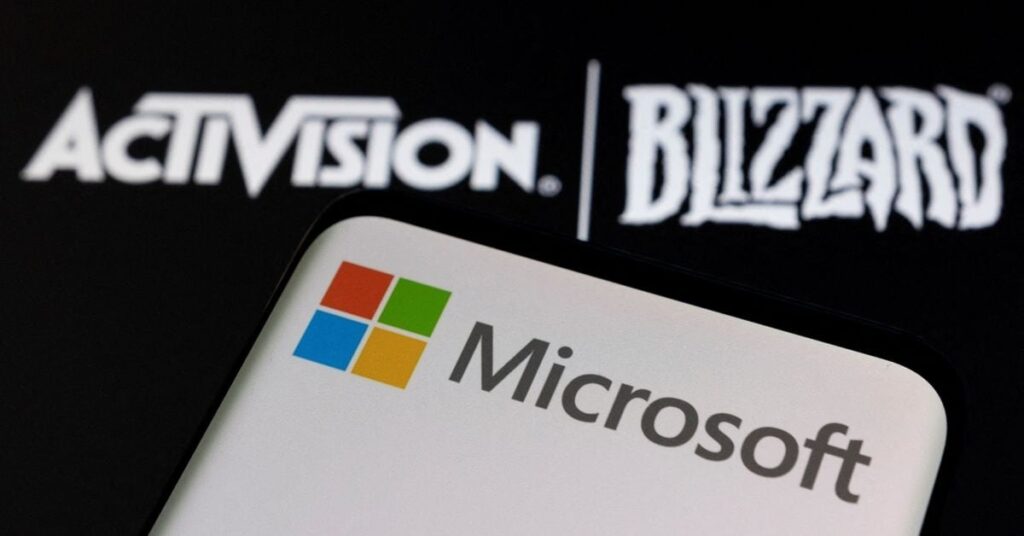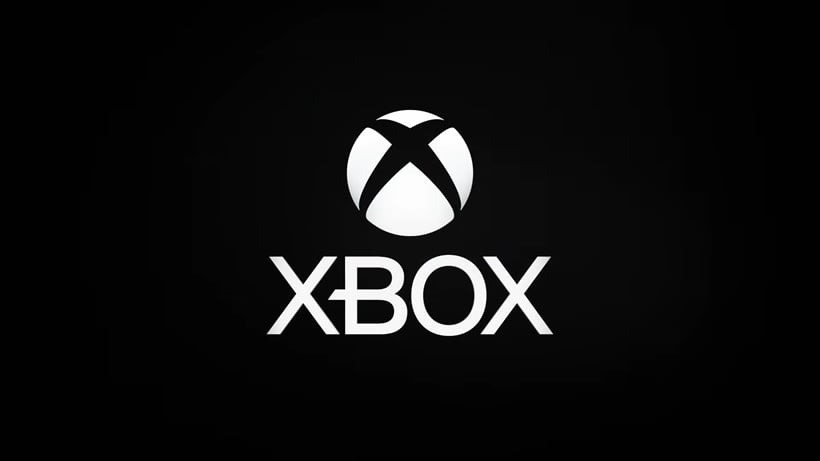The contentious $68.7 billion merger between Microsoft and Activision Blizzard faces ongoing skepticism from antitrust regulators, most recently regarding whether acquisition terms prompted recent staff cuts.
When Activision Blizzard announced intentions to eliminate several hundred positions, the Federal Trade Commission accused Microsoft of reneging on job retention promises made during deal negotiations.
However Microsoft strongly disputes these allegations as incomplete, clarifying broader industry evolution catalyzed workforce restructuring irrespective of the merger.
FTC Argues Layoffs Threaten Microsoft’s Divestiture Capabilities
Initially the FTC critiqued January’s Activision Blizzard job cuts from a divestiture perspective. They argue significant attrition leaves Microsoft ill-equipped to operate the gaming giant as an independent franchise if mandated post-close.
This poses merger approval complications if regulators perceive staff cuts hobbling Activision’s standalone viability or competitiveness within the industry.
Allegations Hinge On Employee Retention Assurances
More specifically, the FTC states Microsoft previously guaranteed retaining a majority of merged staff to preserve business continuity and independence.
But by green lighting recent layoffs, regulators imply Microsoft reneged on these workforce commitments early while awaiting deal finalization.

Microsoft Attributes Restructuring to Preexisting Market Forces
Microsoft wasted no time issuing a forceful rebuttal against FTC accusations around the Activision Blizzard cuts.
While confirming nearly 2,000 lost jobs, the tech giant clarified factors beyond the merger necessitated workforce right-sizing throughout gaming verticals.
Activision Was Already Planning Significant Cuts
Importantly, Microsoft states planned layoffs predated acquisition talks as Activision shareholders demanded increasing efficiency.
Reports from 2021 highlight Activision leadership targeting wide-ranging cuts to improve margins and appease investors through major reorganizations.
Headcount shrinkage seems more an outcome of shareholder pressures versus merger-induced redundancies per Microsoft’s defense.
Industry Trends Forcing Consolidation
Beyond internal considerations, Microsoft claims sweeping gaming industry changes further justify Activision Blizzard’s broad cuts as an inevitable business adaptation.
Evolving consumer behaviors around mobile gaming, free-to-play titles and service-based platforms necessitate fundamental operational shifts as revenue models transform.
These external factors create significant workforce transition needs independent of merger variables.
Potential Repercussions Across the Gaming Industry
Beyond Microsoft and Activision Blizzard’s specific circumstances, wider repercussions seem likely as industry evolution catalysts further workforce consolidation.
Ripple Effects on Game Development Jobs
Industry analysts project continued gaming talent contraction as publishers emphasize hits over breadth and outsource excess to offshore teams.
Additionally, demand shifts towards live service games with scoped content updates versus resource-intensive multi-year blockbuster projects cuts teams between releases.
Expect inflated development cycle contractor ratios displacing full time positions through volatile release and maintenance cycles.
Spillover Impacts on Adjacent Technology Jobs
Workforce fluidity spreads beyond game creators, however. Hardware partners modernizing data center designs around cloud delivery over custom console SKUs endure related engineering changeovers.
As the bedrock economics evolves, transformed business models recalibrate roles, vendors and supply chains accordingly.

What Happens Next With the Microsoft-Activision Deal
Presently the FTC continues scrutinizing Microsoft’s proposed Activision acquisition, now setting sights on recent staff cuts.
While Microsoft pleads broader market forces necessitated layoffs irrespective of the merger, regulators seek firmer guarantees ensuring business independence if mandated.
Potential Increased Monitoring Requirements
To that end, the FTC could demand strengthened post-close oversight around Activision operations if the deal reaches approval.
Beyond existing walls between management teams, strict staffing thresholds may gain consideration to affirm separability.
The Long Regulatory Road Still Ahead
Despite the latest back-and-forth, Microsoft remains confident in eventual FTC approval thanks to its compliance track record and proposed consumer benefits.
Barring extensions, regulators must file an injunction lawsuit by July 2023 if grounds emerge to block the agreement.
Until then, more scrutiny likely awaits as the FTC fully exercises oversight authority throughout the review process.
The Final Word on Gaming Industry Consolidation
As gaming revenue pools increasingly flow towards subscription services, mobile experiences and multiplayer phenomenon like Fortnite, legacy publishers strive upholding profitability.
While economic liberalization catalyzes certain developer contractions, policymakers also rightfully seek balancing innovation gains against protections for both employees and consumers as historic industry players merge.
Ultimately the FTC holds significant sway governing approval terms that profoundly shape gaming’s future evolution through their Activision Blizzard merger judgment.










Add Comment